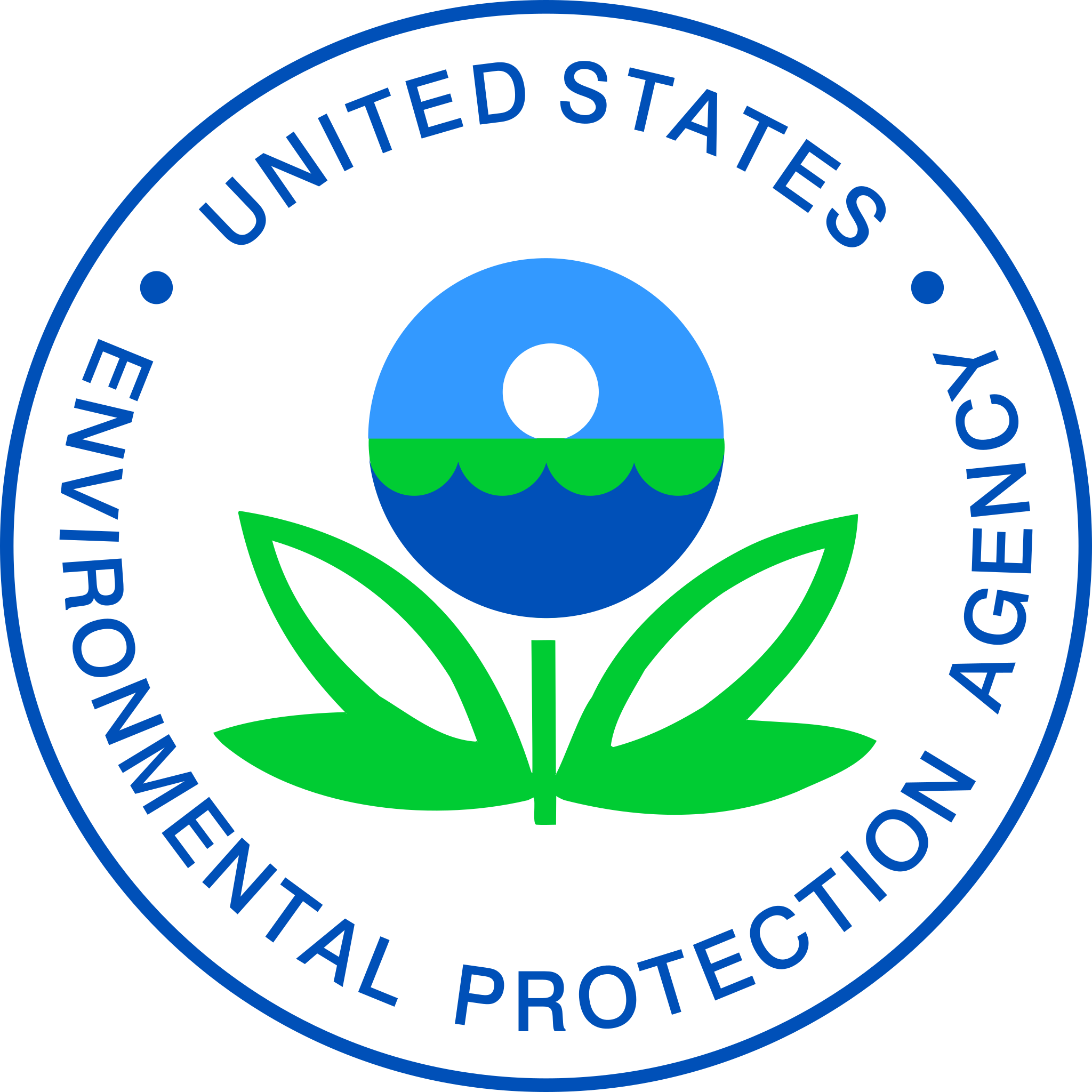EPA to hold public hearing on DeRoyal EtO emissions
Published 11:49 am Friday, May 26, 2023
|
Getting your Trinity Audio player ready...
|
Some ten months ago, the U.S. Environmental Protection Agency (EPA) broke the news that it was conducting a study of ethylene oxide emissions created from commercial sterilizers. The EPA was looking to update its EtO emissions guidelines so that new legislation could be adopted. The DeRoyal plant in New Tazewell is a major user of this type of sterilizing process.
Claiborne County Mayor Joe Brooks spoke in an interview last August about his takeaways of an EPA teleconference held the month prior. Brooks said he learned that ethylene oxide has been found to be 60 times more toxic than originally thought.
“EtO is a carcinogen, obviously,” said Brooks during the interview. “I asked the question, ‘is there any kind of issues in the area surrounding where sterilizers are at?’ And they said we would need to contact the state for any kind of tracking with regards to carcinogens or cancer that might be in the cluster.”
Brooks said he checked locally to determine which types of cancers are connected with EtO emissions. He said the person he spoke with told him lymphoma and breast cancers are the two most diagnosed carcinogens in Claiborne County.
The EPA sets the risks at 100 parts per million, which has not changed even though the severity has done so. The updated toxicity factor is a result of data taken over the course of time in which ethylene oxide has been in use around the world.
A colorless gas, EtO is used to sterilize devices that cannot be done with steam or radiation such as some medical and dental equipment. According to the Food and Drug Administration, EtO is currently used to treat about 50 percent of sterile medical devices or about 20 billion devices annually. As the EPA study continues, the FDA is looking into finding alternatives to ethylene oxide.
The Claiborne Progress was unable to reach DeRoyal officials for comment in early August when the newspaper first broke the story. In late October, Brian DeBusk, President and CEO of DeRoyal issued a news release.
“…the company does not expect any disruptions to its sterilization operations as neither the EPA nor the State of Tennessee has indicated a desire to suspend or require reduced operations at DeRoyal’s facility or impose any other immediate action. In the long term, DeRoyal will be making the necessary investments to further reduce emissions and looks forward to continuing its efforts with the EPA and the State of Tennessee to comply with any newly implemented regulations,” reads the release, in part.
DeBusk said in his release that his plant has used ethylene oxide for nearly four decades.
“Throughout its history as a commercial medical device sterilizer, DeRoyal has met – or surpassed – the employee safety and environmental regulations for use of ethylene oxide,” reads the release.
The Environmental Protection Agency says it is sharing the information to those living and working nearby factories that use these types of sterilizers because “communities have a right to know about emissions that could affect their health and wellbeing.”
The EPA has determined through intensive data collection and analysis that portions of New Tazewell neighborhoods near the DeRoyal plant may have a lifetime cancer risk at or above 100 in a million. This means that if one million people were exposed by air to the EtO emission level 24/7 for 70 years, 100 people could be expected to develop cancer.
The potential for developing cancer increases the closer to the plant a person lives or works. In this scenario, the EPA has estimated that some 3,000 out of one million people could be at risk for getting cancer.
The EPA is working to update ethylene oxide emissions by law under the Clean Air Act and the Federal Insecticide, Fungicide and Rodenticide Act.
The Environmental Protection Agency is holding a public hearing on June 1, from 7 p.m. to 9 p.m. at the Walters State Community College – Tazewell campus. Up for discussion is the proposed EPA ethylene oxide rule. The EPA is encouraging everyone to attend this important forum in person or virtually via Zoom by registering at: https://bit.ly/41JVPLJ .
The call-in number is: 646-828-7666. The webinar ID is: 1618246161.
To learn more about the proposed rules and how to comment, log onto: www.epa.gov/eto







